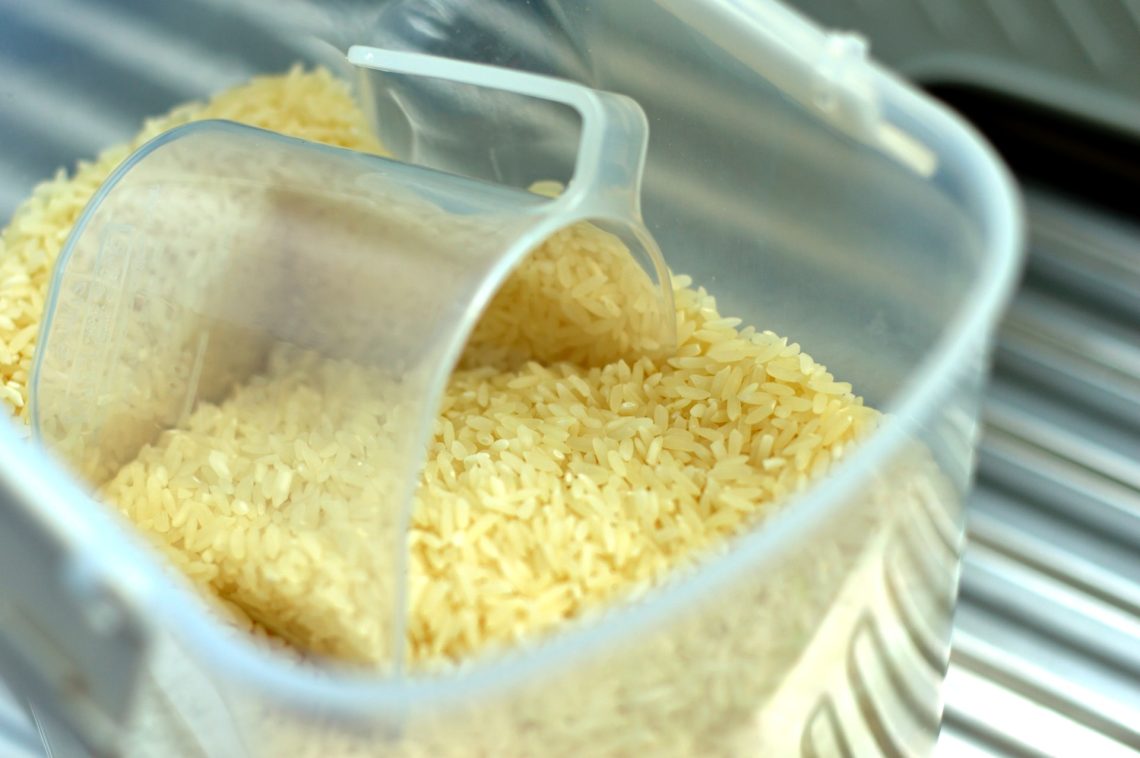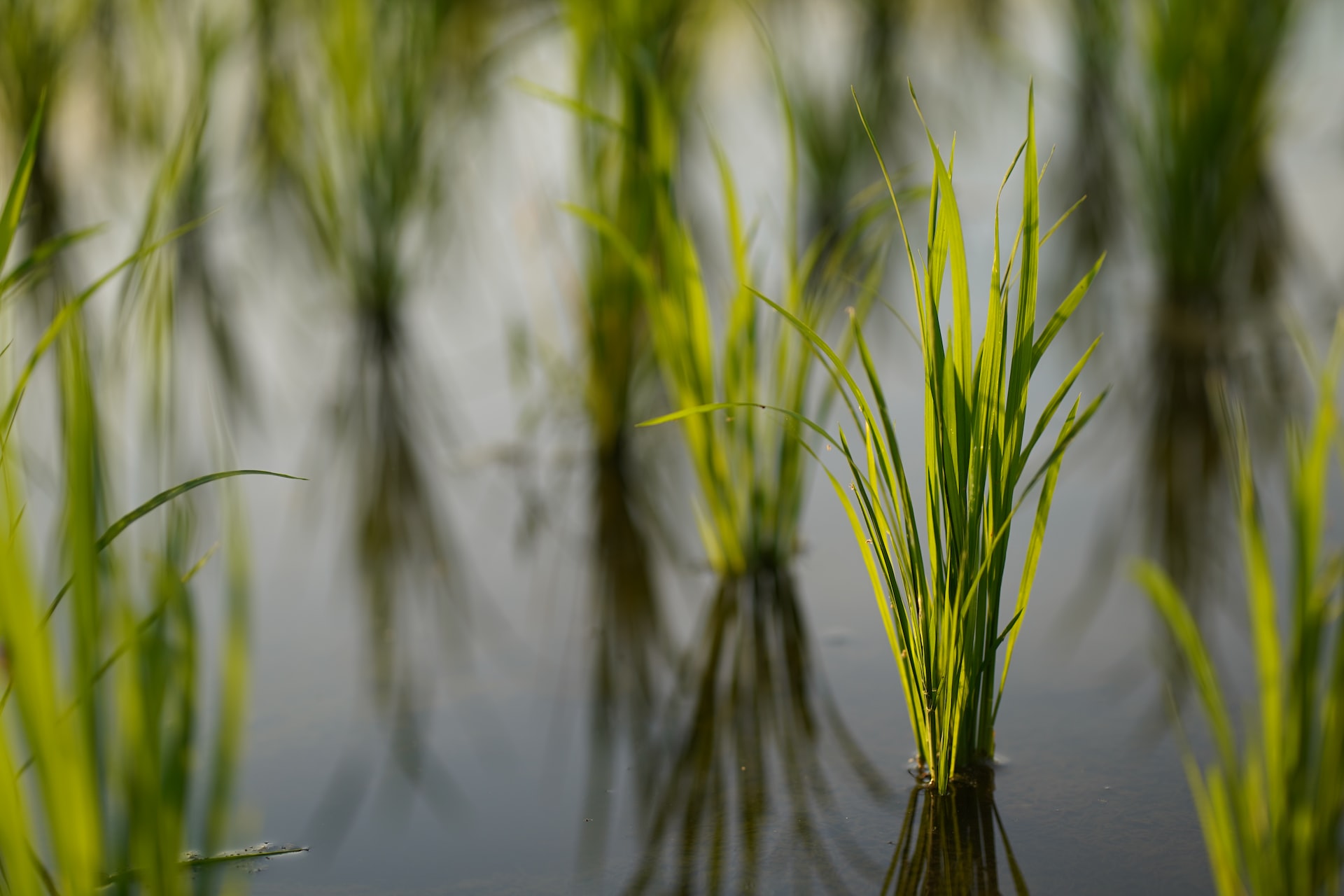
Do Leftover Rice Water Can Also Be Good For Your Plants?
Rice is incredibly adaptable: It’s a main ingredient in a wide variety of cuisines, goes great with practically any flavour, and can be enjoyed by both vegetarians and carnivores. In fact, rice water has been used for hair development because it is so rich in vitamins and nutrients and has been proved to produce fuller, thicker strands.
One method to reduce water waste is to wash your hair with rice water. Using the water from your rice as plant food is one additional option. Christine Lan, a user on TikTok, claims that rice water releases nutrients that are excellent for plants and even encourages the growth of beneficial bacteria in plant roots.
But is this a trick that merits being used? Let’s investigate this further.
Does Rice Water Really Work for Plants?
When possible, reuse of water is always a good idea. A previous research estimated that by 2050, the world’s water demand would have increased by 55%. Why? Because the availability of clean water is being impacted by climate change and the growing global population.
“Holds a moderate fertilizer and stimulates beneficial microorganisms in the roots of plants,” claims Lan of rice water. Is it therefore wise to use rice water for plants?
According to studies, rinsing rice can help the grain retain its nutrients. In particular, rice can lose 7% to 30% of its crude fiber, 59% of its thiamine, 26% of its riboflavin, and 30% of its protein. While washing rice removes nutrients from the grain, it does add such nutrients to the water.
Despite the paucity of study on rice water for plants effects on plants, one generalization can be made: it depends on the plant.
According to a 2016 study, rice water was effective in promoting the fuller and larger growth of garlic plants. This is due to the fact that rice water contains a lot of starch; the more starch a liquid retains, the cloudier it is. Nitrogen, a key ingredient in starch, draws in the naturally occurring microbes in the soil.
The nitrogen is subsequently converted by the bacteria into nitrate, a naturally occurring molecule that aids photosynthesis beginning at the root. In other words, because the roots are strong and prepared to expand, rice water can aid in the growth of your plant.
It’s not always this easy, though. Not all plants will desire more nitrate, and other plants could not have the proper microorganisms in their soil. For instance, several varieties of orchids have less bacteria than other plants. Accordingly, using rice water to your orchids may introduce too much bacteria that have nowhere else to go, which could lead to root rot.
 Does Rice Water Benefit the Soil of Your Plants?
Does Rice Water Benefit the Soil of Your Plants?
If you’ve ever wondered why some plants thrive in particular types of soil, the pH level is probably the answer.
The PH scale determines how acidic the soil is. Because rice water contains nitrates, which increase the acidity, certain plants may find it poisonous, while others may find it useful. It probably has a regular pH if you purchased typical potting soil. However, speciality soil’s pH may be more acidic or more alkaline if you purchased it (nonacidic).
A 2016 study by the Faculty of Agriculture at the Universitas Riau in Indonesia found that rice water also contains protein, potassium, phosphorus, iron, and zinc in addition to its high nitrogen content. This study demonstrates that the rice water produced bigger leaves with larger peppers after five weeks when applied on peppers, a plant that develops better in slightly acidic soil.
It might be challenging to calculate the ideal amount of starch for you and your plants because different types of rice can have varying levels of starch.
There is currently a dearth of information on rice water for plants. However, in general, it appears to be advantageous for plants in common potting soil! Reusing rice water is an excellent strategy to lessen your water footprint, if there is one thing you can count on.
You May Also Like

The Daffodil Parade: A Highlight of the Puyallup Spring
October 9, 2019
How Do Personal Loans Work?
March 19, 2020


